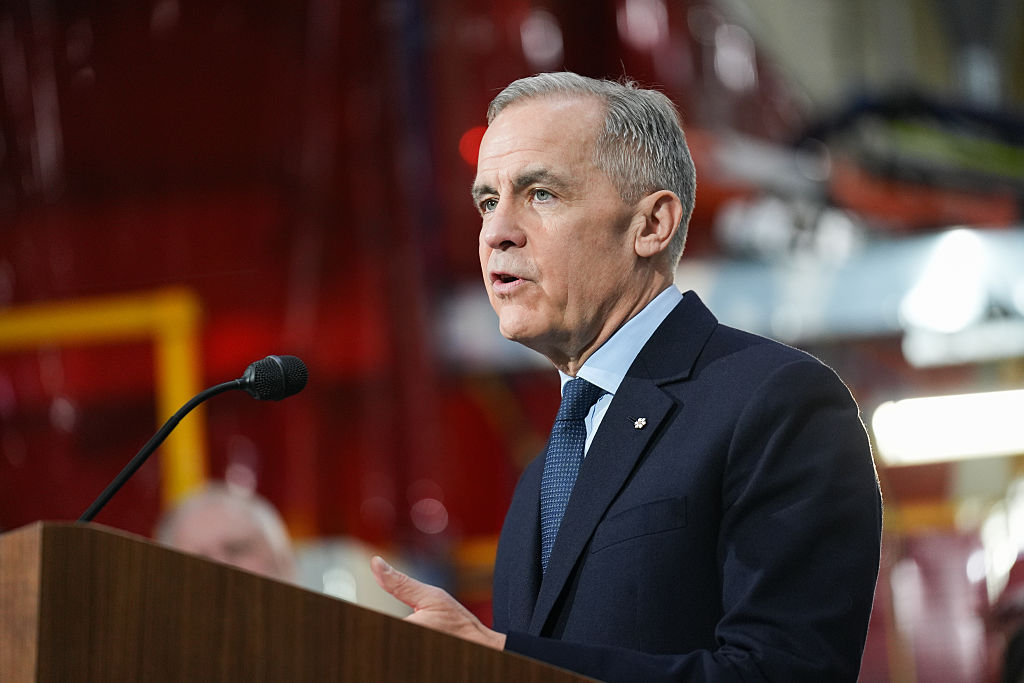Biden Wants to Compete with China in Latin America
Biden Wants to Compete with China in Latin America
“I think the United States has finally come around to recognizing that it’s not just about trading commodities,” said AS/COA's Eric Farnsworth to Foreign Policy
In his 1933 inaugural address, U.S. President Franklin D. Roosevelt adopted a novel approach toward Central and South America, the “Good Neighbor” policy, aimed at substituting goodies for gunboats. It was ultimately derailed by U.S. economic woes, a global war, and an increasing focus in Washington on security. Ninety years later, the same story is still playing out.
For decades, Washington has halfheartedly sought to reach out to Latin America, only to be distracted by terrorists, the Taliban, or trade wars. While every other major power takes pains to tend its own garden, the United States has for decades let what it still regards as its own backyard grow unkempt.
“If the United States doesn’t show up with a meaningful economic agenda for the region, the region is going to turn to people who will,” Eric Farnsworth, the vice president of the Americas Society/Council of the Americas (AS/COA), told Foreign Policy. “And who’s the obvious choice? The one with the money: China.” [...]
The U.S.-China Economic and Security Review Commission, in its most recent report to Congress last year, underscored the potential challenges posed by Chinese investments in critical minerals, infrastructure, and even vaccine diplomacy in Latin America. What for years was seen as benign Chinese investment has increasingly come to be seen in Washington as nefarious.
“I think the United States has finally come around to recognizing that it’s not just about trading commodities,” said Farnsworth of AS/COA. [...]
“We are tying one arm behind our own back, saying we can’t provide strategic infrastructure assistance to some countries that are important in Latin America,” Farnsworth said.







